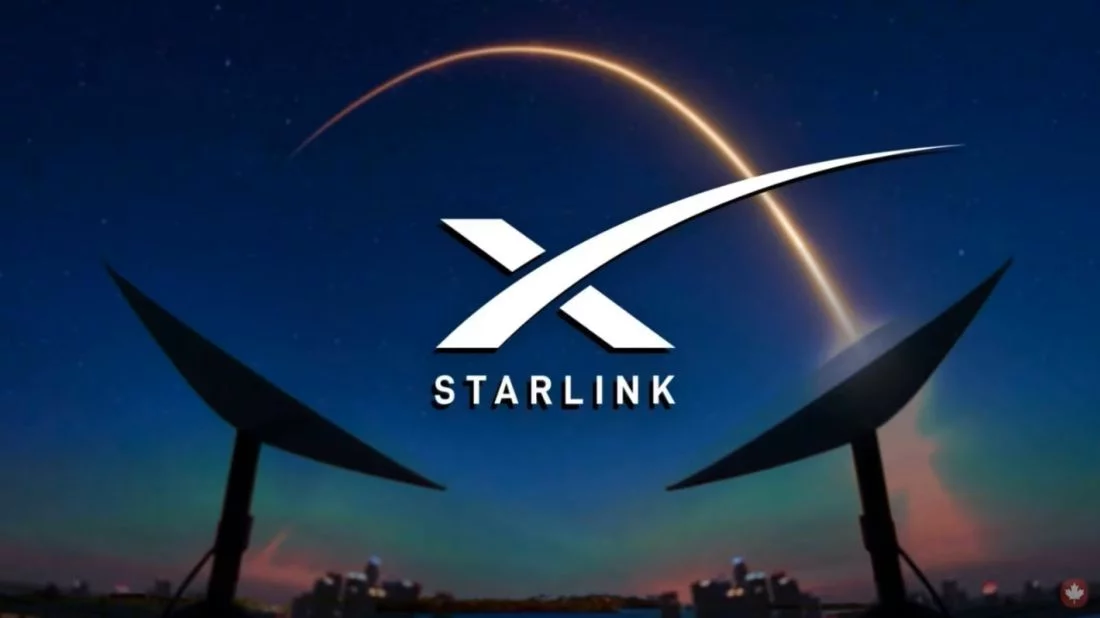

TBT DESK: Bangladesh has officially approved SpaceX's satellite internet arm, Starlink, to begin operations in the country, opening the door for transformative connectivity, particularly in remote and underserved regions.
The announcement came this afternoon at a press conference held at the Foreign Service Academy in Eskaton, Dhaka. Chowdhury Ashiq Mahmood, executive chairman of the Bangladesh Investment Development Authority (BIDA), confirmed that the approval was issued on 29 March, in line with BIDA's commitment to enabling operations within a 90-day window.
"We have given them the go-ahead based on our promise to facilitate operations within three months," he said, adding that Starlink has also completed its required registration process with BIDA, a mandatory step for all foreign entities seeking to do business in Bangladesh.
Starlink is expected to apply to a non-geostationary orbit (NGSO) operating licence-essential for launching satellite internet services in the country-on Sunday. BIDA has indicated it will approve the licence promptly, provided all formalities are in order, removing any remaining regulatory hurdles.
As part of an initial demonstration, Starlink's internet service will be piloted on 9 April at the upcoming Bangladesh Investment Summit, to be held at the Inter Continental Hotel in Dhaka.
All participants will have access to the service during the event, and the summit's proceedings will also be live-streamed using Starlink's high-speed connection.
The path to this approval began in earnest following a conversation between Prof Muhammad Yunus, Bangladesh's Chief Adviser, and Elon Musk, CEO of SpaceX, on 13 February. The two discussed the potential of launching Starlink's satellite internet in Bangladesh and explored avenues for future collaboration.
Technology experts and digital inclusion advocates are optimistic. Starlink's arrival is expected to narrow the digital divide between urban and rural areas by bringing high-speed internet to even the most isolated parts of the country.
"This could be a game-changer," said a local IT entrepreneur. "Young people in villages will be able to engage in freelancing, online education, and other digital work, without needing to relocate to cities."
Moreover, Starlink's resilient satellite infrastructure could play a vital role in disaster response, enabling quick restoration of communication channels in the aftermath of cyclones, floods, or other emergencies.
With this move, Bangladesh joins a growing list of countries embracing next-generation satellite internet. For a nation with ambitious digital development goals, the partnership with Starlink marks a promising new chapter.
